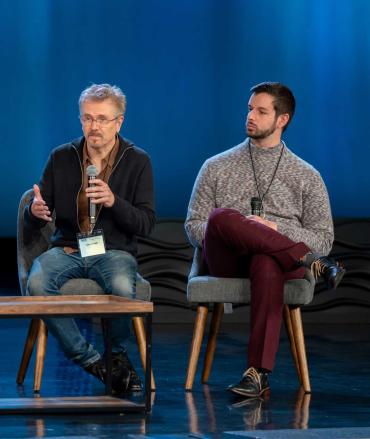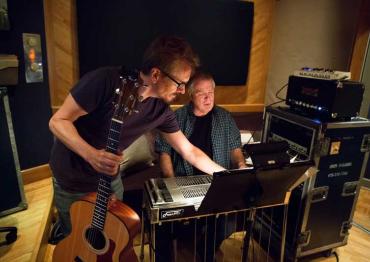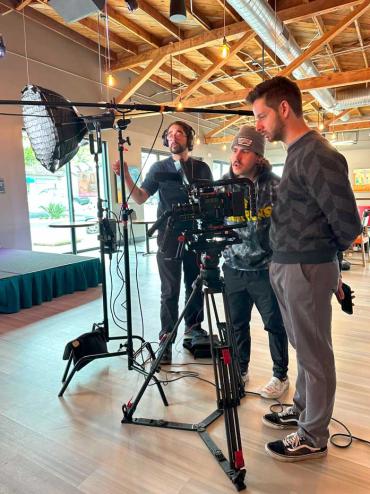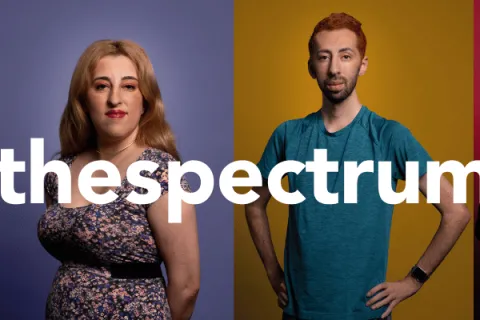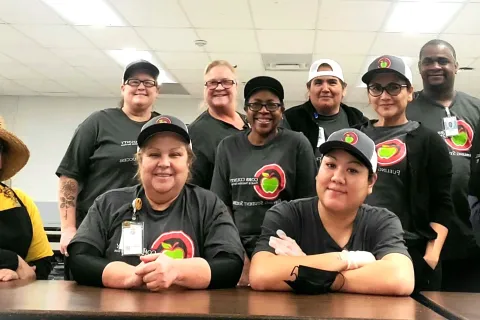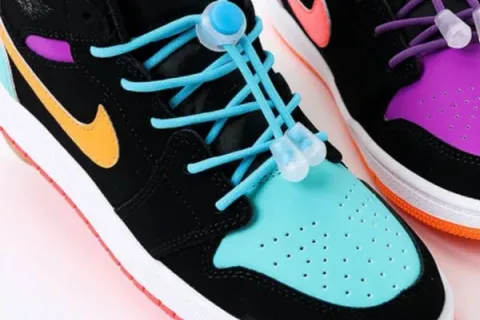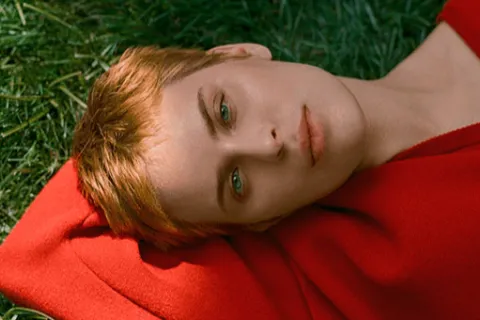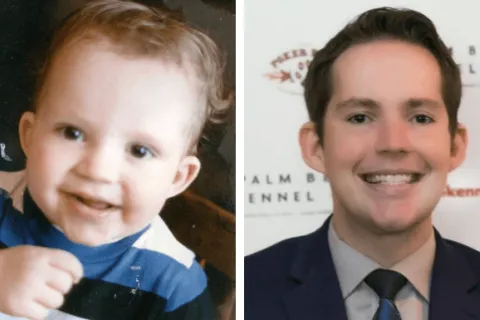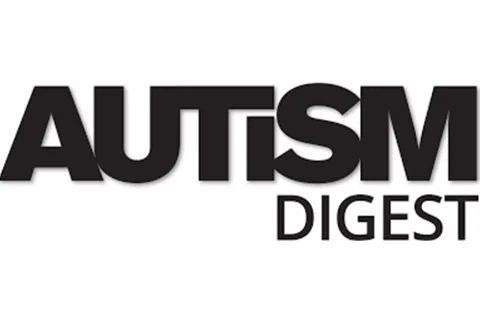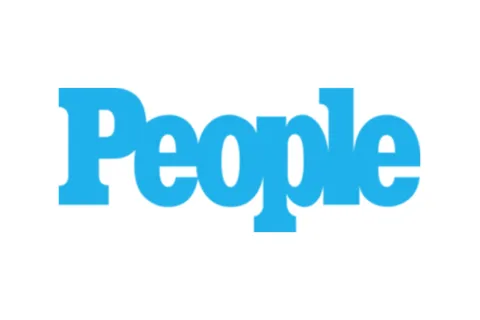The extraordinary value autistic talent can bring to Hollywood
An opportunity to be different
By John Frizzell and Alex AstrellaBreaking into the entertainment industry presents unique challenges for even the most determined individuals. For professionals with autism, navigating Hollywood's competitive landscape is far less daunting than overcoming the negative perceptions and biases from those within the industry. Ahead of the release of their collaborative project, Extraordinary Character, Autism Speaks advocates John Frizzell, a celebrated composer, and Alex Astrella, an accomplished film director, share their perspectives as autistic leaders in entertainment on challenging stereotypes, channeling their differences into their work and the untapped value the autistic community can bring to Hollywood, if given the opportunity.
Ten years ago, life looked different for both of us. Alex, having just graduated with a master’s degree in film studies, was wrestling with anxiety around his sensory differences as he considered a production assistant role with a big Hollywood studio – the only natural next step for an aspiring producer. John, though already a well-established composer having worked on the soundtracks for Dante’s Peak, Alien: Resurrection, I Still Know What You Did Last Summer, Office Space and more, faced significant challenges in the last stage of the hiring process; the personal interview.
There is a turning point in the story arch of every film, which usually occurs just after the protagonist realizes there’s a problem. That came for both of us when we realized our careers were being affected by our being “different,” a common conflict for people with autism, even more so for those pursuing a career in the entertainment industry.
Our journeys with autism look incredibly different. After developing what some might call an obsessive fascination with niche subjects during the pandemic, John sought out an autism evaluation and was diagnosed in 2021 at age 56. Suddenly, the difficulty with interviews, the confusion around what felt like pointless social rituals in these meetings, all made sense. Alex, who was diagnosed with autism as a child, was acutely aware of his “unique” workstyle. His sensitivity to certain noises and overwhelming social situations made him understand that achieving his dream of working in production would only be possible if he bypassed the traditional route.
In 2022, Alex launched Blu Star Productions, a production company with the goal of empowering artists and creators with developmental disabilities. John became a vocal advocate for the autism community by using his platform to call awareness to what we both consider to be a huge issue; only one in five people, including autism, is employed, largely due to barriers like those we experienced in job hiring and retention processes. Because autism affects how individuals process information, their challenges with social skills, repetitive behaviors, speech and nonverbal communication may require certain considerations —for example, an interview process that focuses on work samples over soft skills, or providing thoughtful accommodations, such as clear communication, structured routines, and sensory-friendly environments.
But, as we are highlighting through our work, the fact is many autistic employees can do the jobs neurotypical individuals do when equipped with the right tools and resources. The misconception that those with disabilities are incapable of contributing valuable skills continues to limit inclusive employment opportunities, especially in Hollywood where representation behind the scenes is often what’s mirrored on the big screen.
The issue of representation is cyclical; in excluding autistic talent from the creative process due to biases and stigmas, nothing is done to challenge them. In turn, the financial empowerment, independence and dignity autistic people could derive through work is stripped from them, discouraging the dismantlement of stereotypes. With so few autistic minds and skillsets driving the narrative, how will our stories be told? How will the world know that we have so much to offer if only given the opportunity to be included?
We decided to take one small step toward tackling this issue. Leveraging our personal skillsets and expertise, we’ve created Extraordinary Character, a documentary that follows a neurodivergent theater troupe in their adaptation of the child’s book, Stellaluna. Over the course of filming, we saw what was possible in nurturing individual talents without putting a label on the individuals themselves. In depicting the tale of a baby bat who is forced to fit in among a family of birds, the adaptation of Stellaluna not only challenges the “one size fits all” model in working with those who are “different,” but also reinforces that at our core, we aren’t so different from one another. In fact, the inclusion of perceived differences can be powerful in creating something unique and exciting.
To truly embrace the exceptional attention to detail, strong problem-solving skills and creativity of autistic talent, leaders in Hollywood and corporate America alike must understand that hiring autistic people isn’t an act of charity; celebrating successes in both autistic and neurotypical folks to foster collaboration is essential to the evolution of a more inclusive society. The work of organizations like Autism Speaks are pioneering the integration of diverse talent across many employment sectors through employer trainings for the hiring and retention of autistic individuals, yet there is so much more that can be done to create opportunities, starting with a willingness to do better.
Our differences don’t define us, but they can make us special. In approaching each others’ differences—including our own, with compassion and empathy—we've been able to celebrate our unique image in our work. It’s an image that we’re excited to share and ask others to shine a spotlight on in building a more inclusive world for all.

